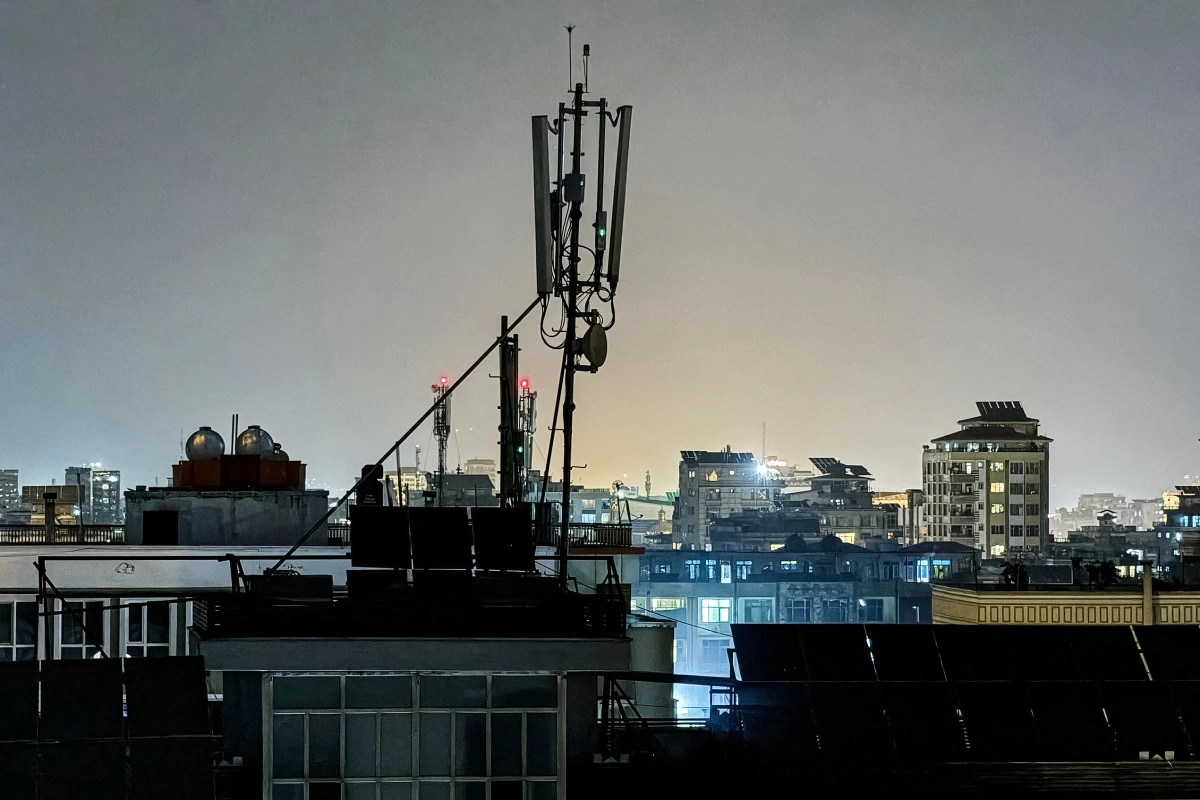Recent data indicates a notable increase in the number of U.S. citizens seeking refugee status in Canada. This trend has raised eyebrows among immigration experts and policymakers, as it reflects changing dynamics in North American migration patterns. The reasons behind this surge are complex and multifaceted, encompassing political, social, and economic factors that influence individuals’ decisions to leave their home country.
Many U.S. citizens are reportedly driven to apply for refugee status in Canada due to concerns over political polarization, social unrest, and perceived threats to their rights and freedoms. The current political climate has led individuals to seek a more stable and welcoming environment, prompting them to explore options beyond their borders. Canada, known for its progressive immigration policies and reputation for inclusivity, has become an appealing destination for those feeling alienated or unsafe in the United States.
In addition to political reasons, the ongoing challenges posed by issues such as systemic racism, gun violence, and a lack of access to healthcare have also contributed to this trend. As U.S. citizens grapple with these concerns, many view Canada as a safer and more equitable alternative. The application process for refugee status, while rigorous, offers a glimmer of hope for those seeking refuge from circumstances they find untenable in their home country.
The implications of this trend extend beyond individual experiences, potentially affecting bilateral relations between the U.S. and Canada. As the numbers of U.S. citizens seeking refuge increase, Canadian authorities may need to adjust their immigration policies and resources to accommodate this new wave of applicants. Additionally, this phenomenon raises questions about the broader societal implications of migration, including how both countries will address the root causes that drive individuals to seek refuge in another nation. As the situation evolves, it will be essential for both governments to engage in meaningful dialogue to better understand and address the underlying issues prompting this significant shift in migration patterns.




